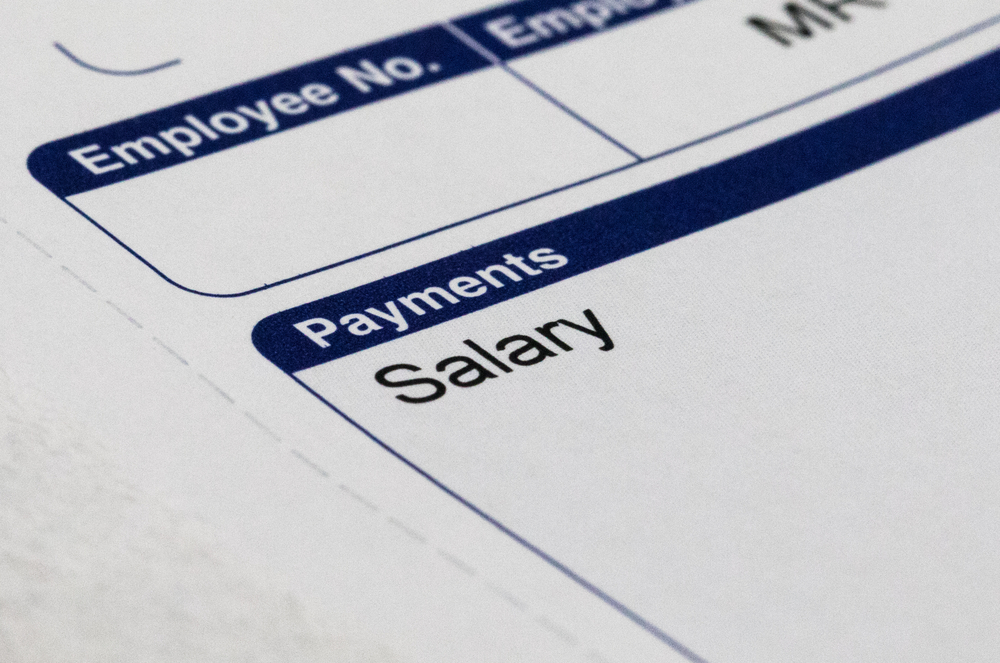News
Spring Statement 2022: No tax or NICs for earnings up to £12,570 a year

The National Insurance threshold will rise to £12,570, saving the typical worker £330 in the year from July, the chancellor announced.
As part of today’s Spring Statement, the chancellor lifted the National Insurance threshold by £3,000 to £12,570.
This aligns the National Insurance threshold with the income tax personal allowance which means no tax will be charged on earnings below £12,570 from 6 July 2022.
Giving his speech in the packed House of Commons, Rishi Sunak said this is a tax cut of over £6bn, worth £330 for a typical employee in the year from July.
He added it will help almost 30 million working people, with around 70% of National Insurance Contributions (NICs) payers paying less.
Further, the change is expected to take 2.2 million people out of paying Class 1 and Class 4 NICs and the Health and Social Care Levy altogether. This is on top of the 6.1 million who already do not pay NICs.
As such, it does mean that the planned National Insurance hike to fund social care will go ahead next month. There were calls for the chancellor to scrap the 1.25% increase next month given the cost-of-living crisis facing millions of families.
Les Cameron, saving expert at M&G Wealth, said: “The National Insurance hike was widely criticised as it would have a disproportionate effect on lower earners. The chancellor has more than made up for the hike in rates with the increased threshold – seeing most low and middle earners having an effective tax cut – meaning more money for those struggling with the cost of living crisis.”
Shaun Moore, tax and financial planning expert at Quilter, said: “Anyone earning below £34,300 will now face a lower National Insurance bill in 2022/23 than they currently face in this tax year. Anyone earning above this amount will still have a higher National Insurance bill.
He explained that as the NIC primary threshold is tied to the personal allowance which is fixed until at least 2025/26 it means these bandings will remain static for a while yet.
“The government announced that the primary threshold and lower profits limit will only increase in line with CPI from the 2026/27 tax year onwards.
“This means that the benefit to NICs payers will reduce over time as wage inflation pushes people into paying more, and is reflected by the fact the government estimate the cost to the exchequer to reduce from £6.2bn in 2022/23 to £4.3bn in 2025/26,” he said.
Moore added that the change also “creates administrative problems for employers” who will have to start the tax year with one set of assumptions for NICs, to then have to change them from July.
For the self-employed, Spring Statement documents stated that from April 2022, individuals with profits between the Small Profits Threshold and Lower Profits Limit will continue to build up National Insurance credits but will not pay any Class 2 NICs.
“Taken together, these measures will meet the government’s ambition to ensure that the first £12,500 earned is tax free,” it noted.
